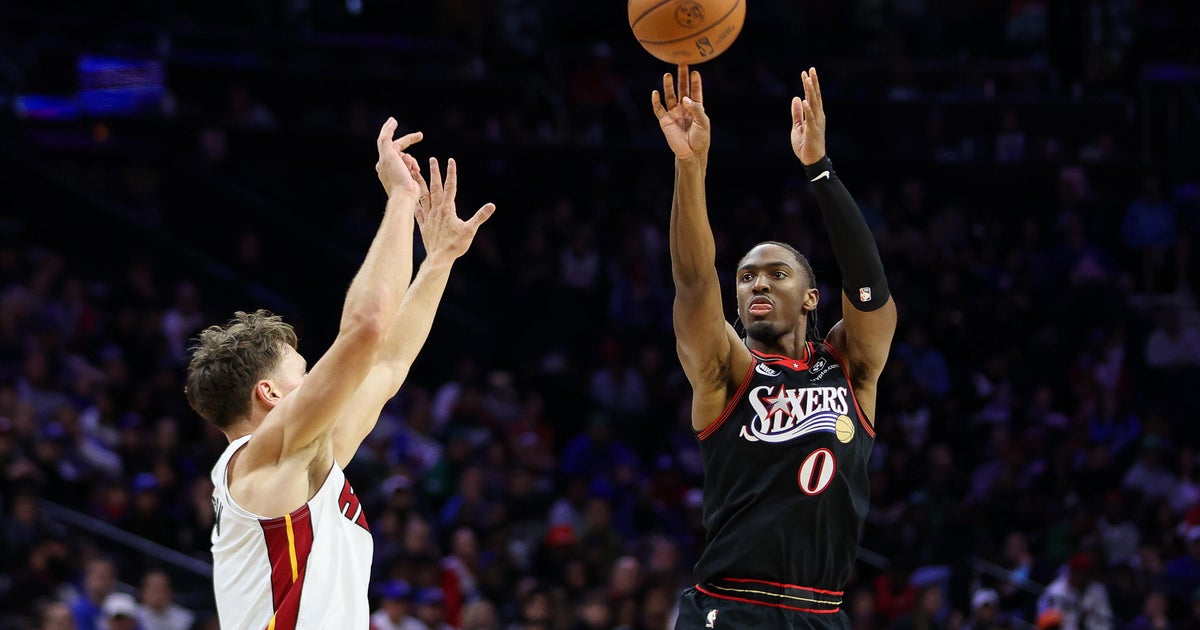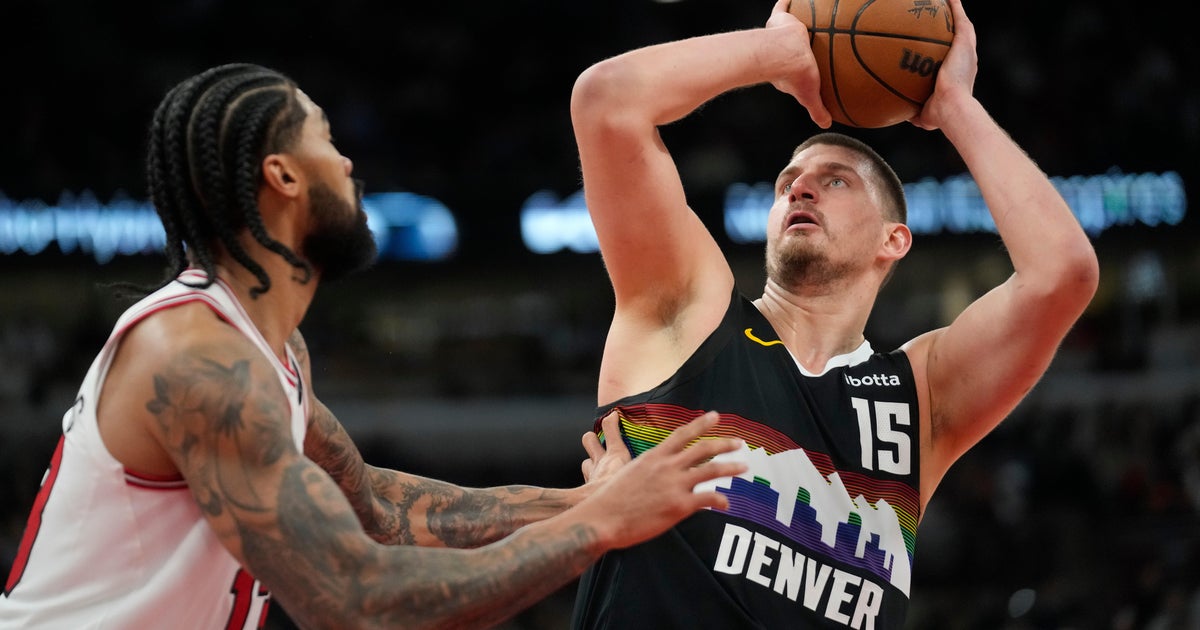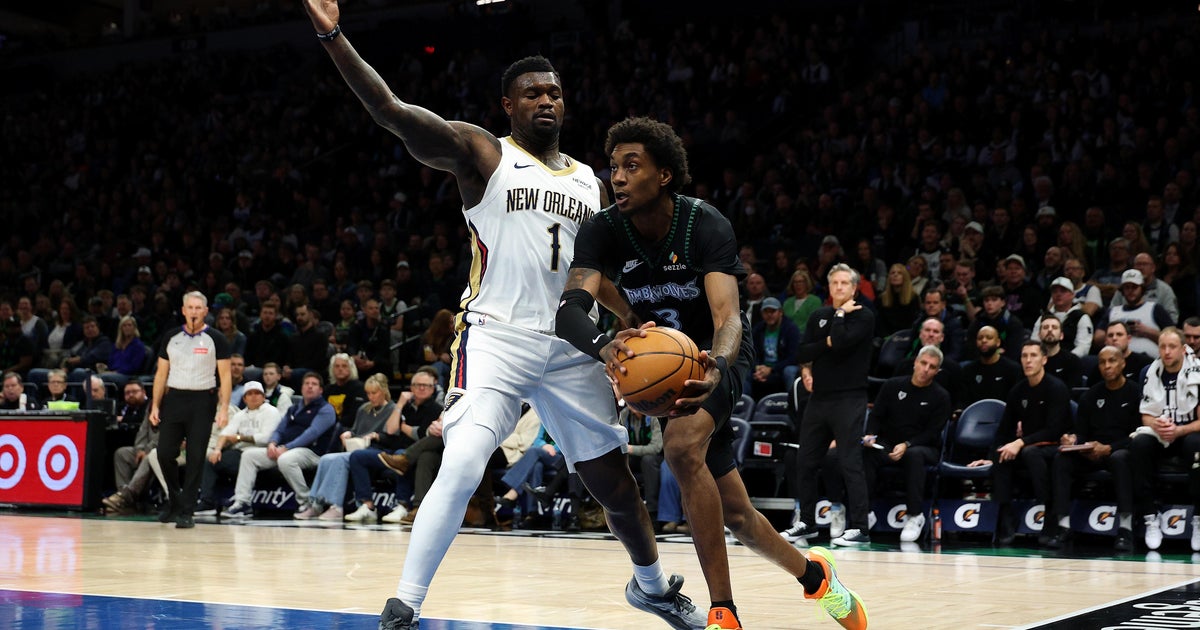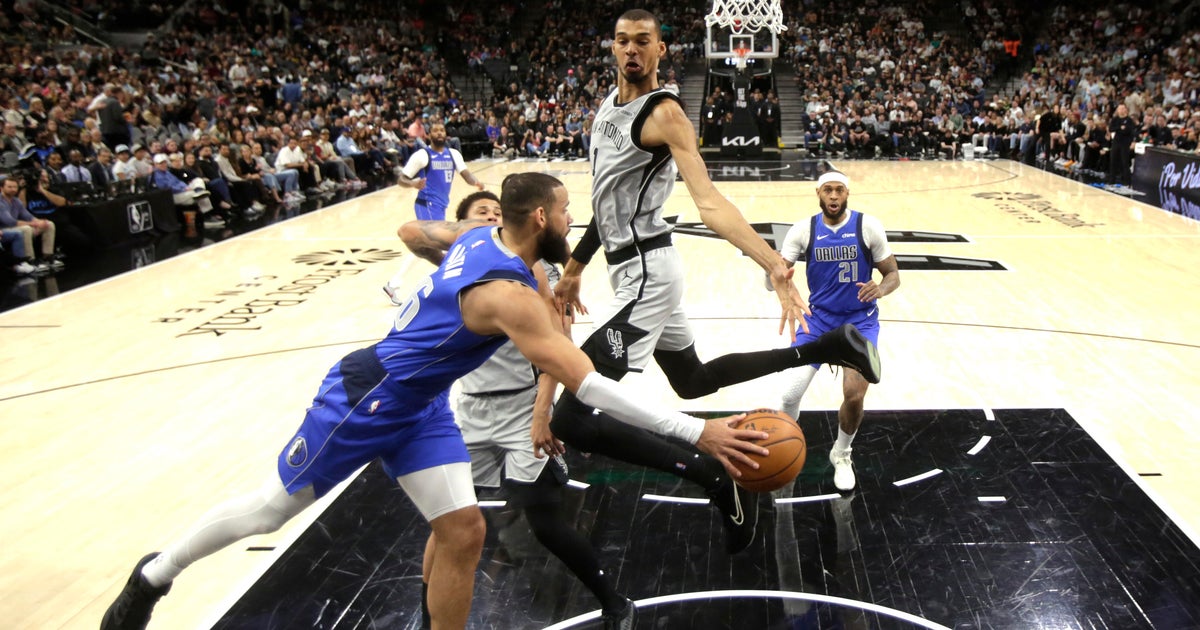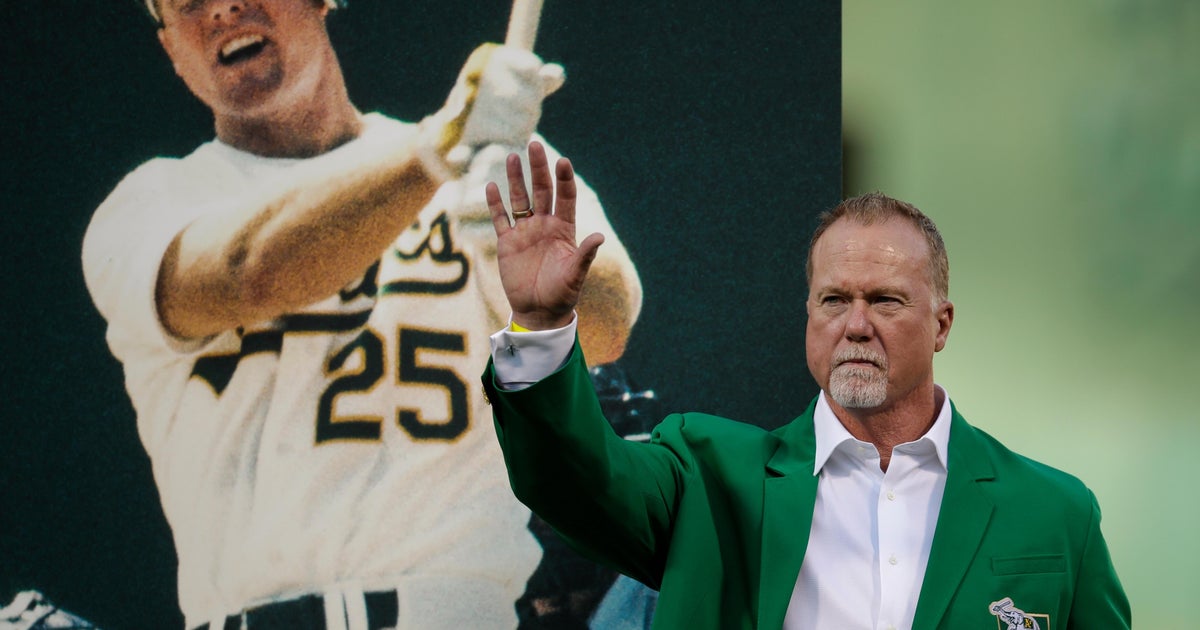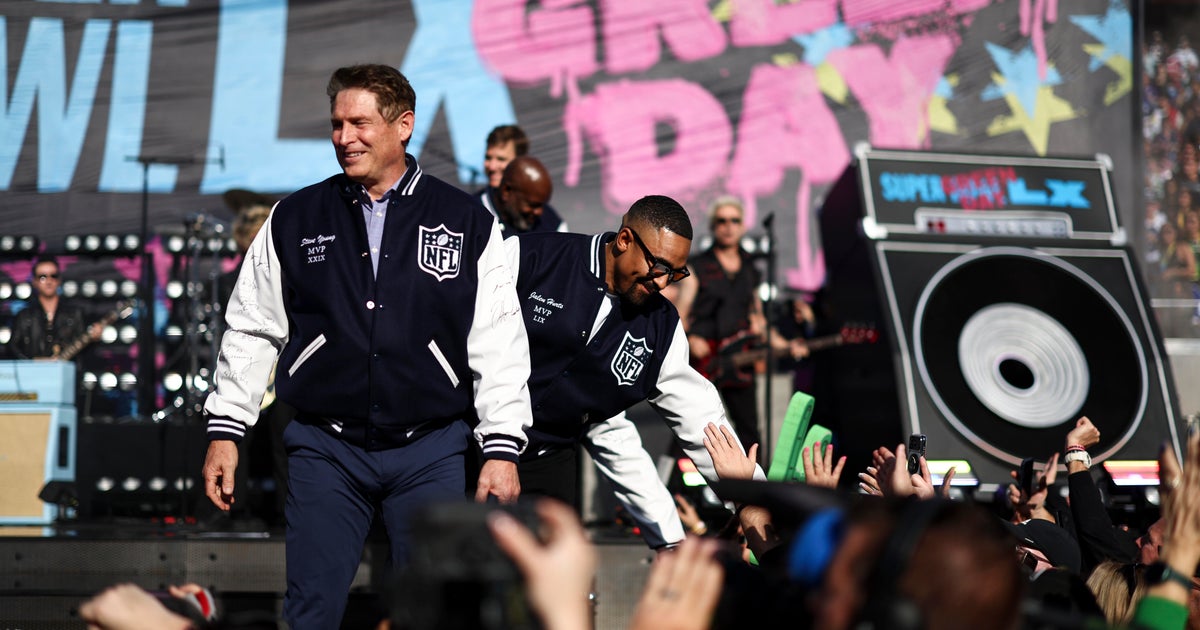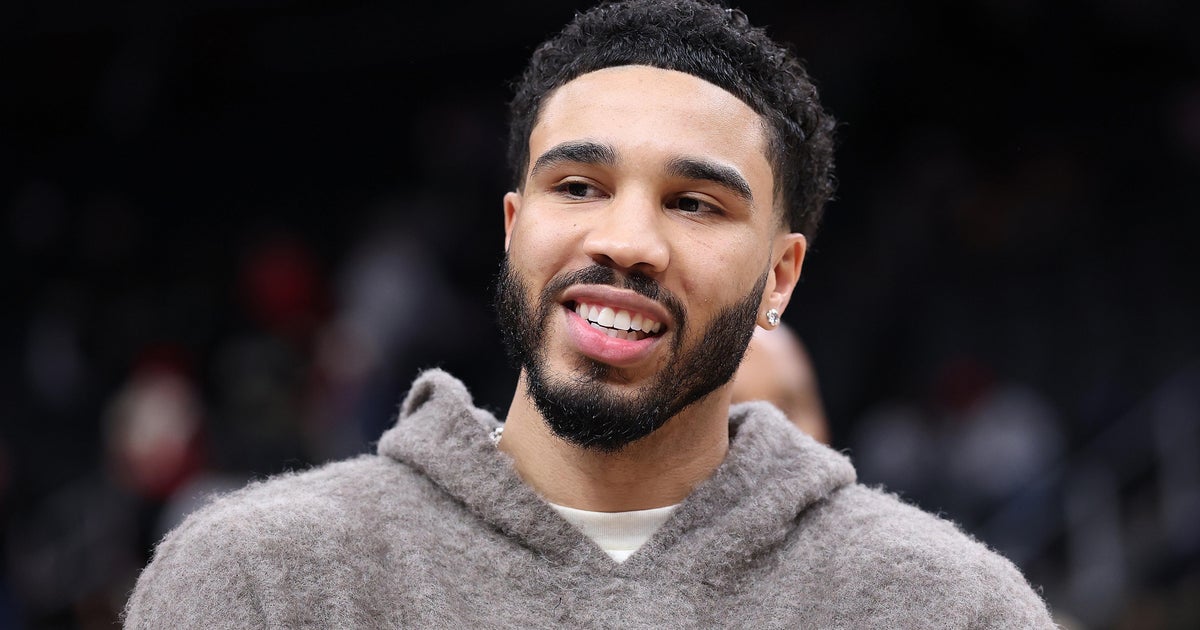Schmeelk: Knicks, Anthony Share Blame For Failed Melo Era
By John Schmeelk
» More Columns
The Carmelo Anthony era in New York is at an end. There's only one way to judge it: a failure. There's plenty of blame to lay at the feet of both the Knicks organization and Anthony. What was supposed to be the addition of a transcendent player turned into merely a continuation of Knicks failures.
That isn't to say there wasn't some success. Anthony, who was officially traded to the Oklahoma City Thunder on Monday, played 6½ seasons with the Knicks, and made the playoffs in his first three years. He got out of the first round of the playoffs just once, losing to the Pacers in the second round in 2013. It was also the only season the Knicks won more than 50 games with him. They only won more than 40 games one other time, the first year he arrived in 2011.
Anthony was supposed to do much more than that. A lot of blame is on the Knicks. They never understood how to build around Anthony. He was never going to be a fit with Amar'e Stoudemire. Neither played enough defense to be on the floor at the same time, and neither worked off each other offensively. This mispairing might be the biggest factor in the failure of the Anthony era.
Aside from the one 54-win season in 2012-13, the Knicks never put enough defenders and shooters around Anthony to maximize his strengths as an isolation scorer and hide his deficiencies on defense. Aside from Chauncey Billups and the magical run of Jeremy Lin, they never put him with a top point guard, either. The roster construction was poor.
This is also where the pendulum starts to swing back toward Anthony. His weaknesses as a player are well documented. Whether it was his poor defense or ball stopping on offense, they always seemed to show up at the worst time. A constant theme during Anthony's time in New York was poor defense by both him and the team. He did not hustle on that end and was not a leader by example defensively. That counts.
MORE: Schmeelk: Knicks Didn't Get Fair Value For Melo, But That Was To Be Expected
As good of an isolation scorer as Anthony was, the Knicks too often relied on it at the end of games, which resulted in low-percentage looks. They catered to Anthony and his desire to be given the ball at the end of the game and for his teammates to simply get out of the way so he could work. Anthony was a gifted passer when he wanted to be, but too often his teammates were simply stuck standing around watching him do his thing. Anthony was wrong to want to play that way, and the Knicks were wrong to let him.
Other than the 54-win season, the Knicks also made the mistake of keeping Anthony at small forward for nearly his entire tenure with the team. Anthony was also to blame since he made it no secret he wanted to stay at small forward despite it being obvious he was a far better player at power forward. It gave him an advantage on offense against slower defenders and hid his slowing feet on defense.
The Knicks also had the opportunity to get ahead of the offensive trend in the NBA. Before the rest of the league adopted the high-screen-and-roll, 3-point-shot spread offense, the Knicks had Mike D'Antoni as their head coach. They had the master in their building, and they chose Anthony over him. Rather than being able to figure out a way for them to work together, the Knicks let D'Antoni walk away. They have struggled to find a good coach since.
Here, the finger is partially pointed at Anthony. D'Antoni wanted him to play a different way offensively, but Anthony had no interest in making that adjustment to fit into that style. Anthony could have been the trigger at the top of the offense the same way James Harden is in Houston, but he didn't have the desire or ability to fill that role. He preferred slow-it-down, isolation basketball.
LISTEN: 'City Game' Podcast: Breaking Down Carmelo Anthony Trade
That same year, when the Knicks found someone that could fill that trigger role in Jeremy Lin (if reports since are true), Anthony made it abundantly clear that he was not thrilled. D'Antoni quit and Lin wasn't re-signed (though Lin not coming back had much more to do with his handling of free agency than anything Anthony did).
The final fair criticism of Anthony is perhaps the decision his career with the Knicks would never recover from: the trade to acquire him. If he truly wanted to become a Knick, he could have went as a free agent the following offseason and joined a young, developing team. But with a lockout pending and future contract rules unknown, he wanted his contract extension under the system at the time. He forced the Knicks to surrender young assets (Danilo Gallinari, Wilson Chandler, Timofey Mozgov) and their 2014 first-round pick and a swap of picks in 2016.
Anthony's decision to assure himself the biggest contract possible was understandable, but it still left the Knicks in a dilapidated state that made it much tougher to win with him on the team. Even if Anthony wanted to maximize his dollars, he still could have helped the Knicks by telling the Nets (the other potential trading partner with Denver) that he wouldn't have signed a contract extension there. Not having legitimate competition in the trade market would have given the Knicks more leverage and allowed them to surrender less in an eventual deal.
Anthony, however, wanted to do right by Denver and make sure they got a good return in a trade. As admirable as that might have been, it still put the Knicks in a terrible position to try to build a winner around him. It is a big reason why the Knicks and Anthony never won together and are where they are today.
Shortly thereafter, team president Donnie Walsh also walked out of Madison Square Garden, leading to instability in the front office, which was reflected in the hodgepodge of different rosters that surrounded Anthony in New York. The instability in the front office was not Anthony's fault, but it certainly hurt his chances of winning in New York.
Anthony's tenure with the Knicks will not be remembered fondly. Both he and the franchise are to blame for it. The Knicks never gave him enough help and he had shortcomings and decisions of his own that he couldn't overcome. The Melo Era will be remembered as another disappointing chapter in Knicks history and Anthony as another player not being able to lead them to the promised land.
For everything Knicks, Giants, and the world of sports, follow John on Twitter at @Schmeelk
